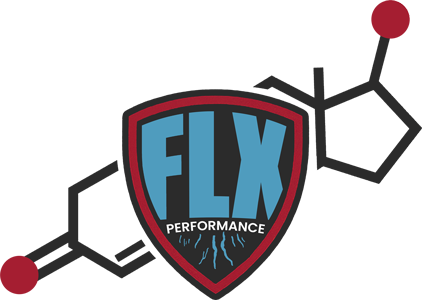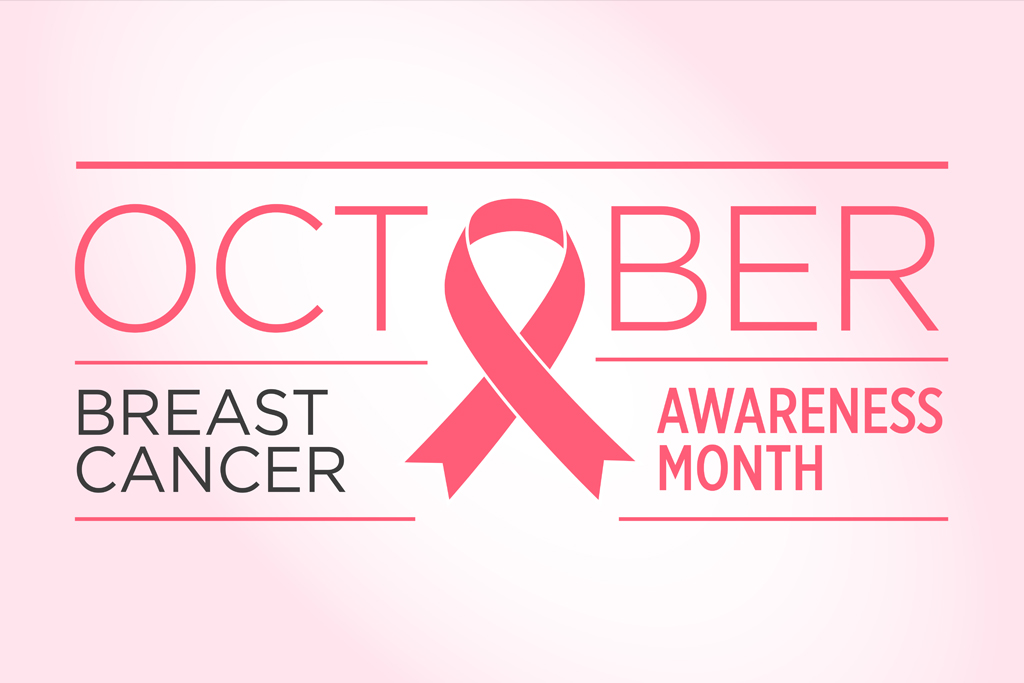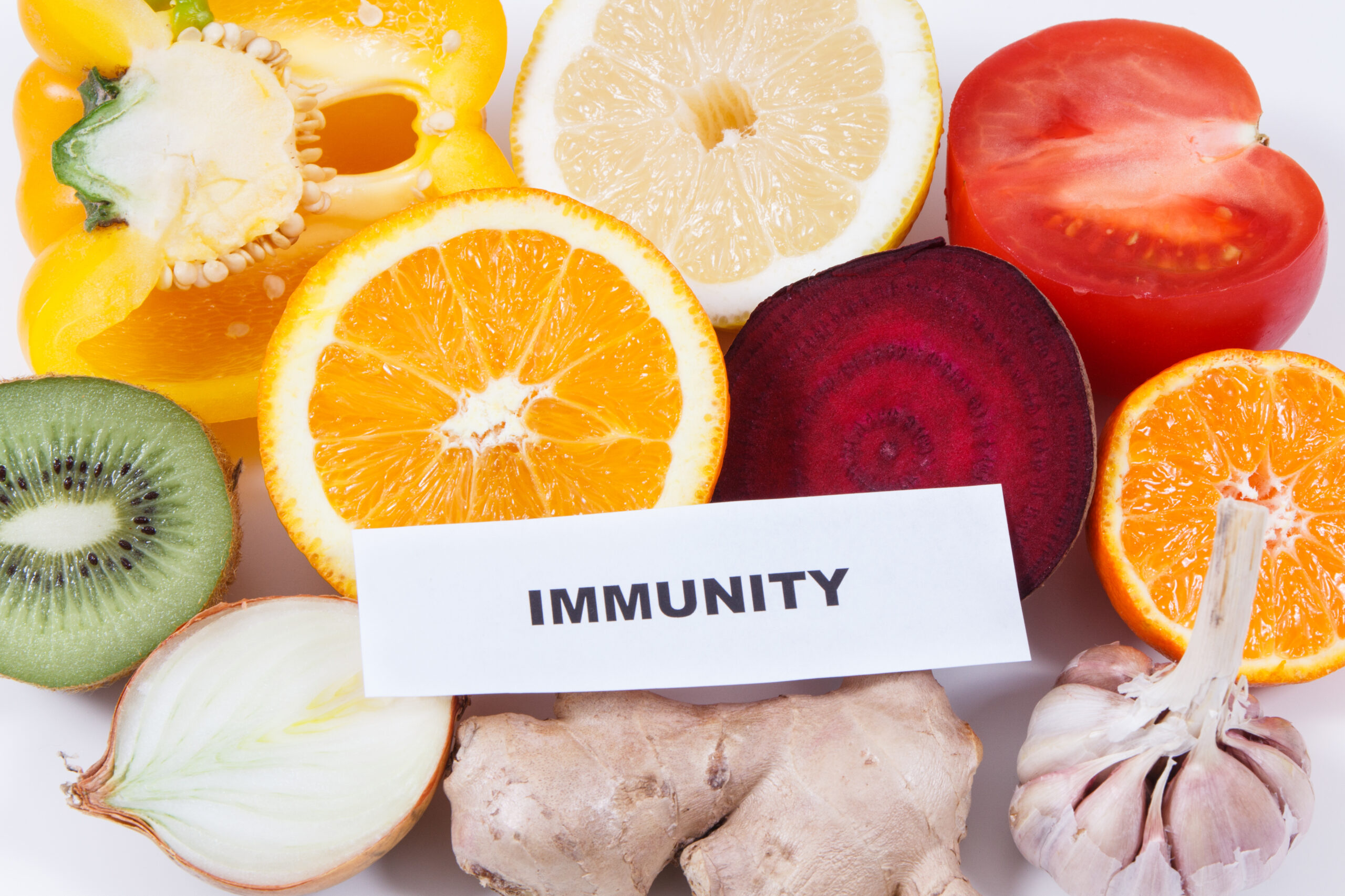Testosterone is a vital hormone for men, playing a crucial role in various bodily functions. As men age, it’s natural for testosterone levels to decline, but sometimes this decline can be more significant than expected. Low testosterone, or hypogonadism, can lead to a range of symptoms that can significantly impact your quality of life.
Common Symptoms of Low Testosterone

While the symptoms of low testosterone can vary from person to person, some common indicators include:
- Sexual Changes: Decreased sex drive, erectile dysfunction, reduced sperm count, and difficulty achieving orgasm.
- Physical Changes: Loss of muscle mass, increased body fat, decreased bone density, reduced energy levels, and fatigue.
- Mood Changes: Irritability, mood swings, depression, and difficulty concentrating.
- Sleep Disturbances: Insomnia and disrupted sleep patterns.
It’s important to note that these symptoms can also be caused by other underlying health conditions. If you’re experiencing any of these symptoms, it’s crucial to consult with a healthcare professional for a proper diagnosis.
Who is at Risk for Low Testosterone?
Several factors can increase your risk of developing low testosterone, including:
- Age: Testosterone levels naturally decline with age.
- Certain medical conditions: Conditions such as type 2 diabetes, obesity, and thyroid problems can affect testosterone production.
- Medications: Some medications can interfere with testosterone production.
- Surgery or injury: Damage to the testes or pituitary gland can impact testosterone levels.
When to Seek Help
If you’re concerned about your testosterone levels, it’s essential to schedule a consultation with a healthcare provider. They can evaluate your symptoms, conduct necessary tests, and recommend appropriate treatment options.
At Finger Lakes Performance, we specialize in diagnosing and treating low testosterone. Our experienced provider, Alvir Rynone, NP-C, will work with you to develop a personalized treatment plan to help you regain your vitality and improve your overall well-being.






